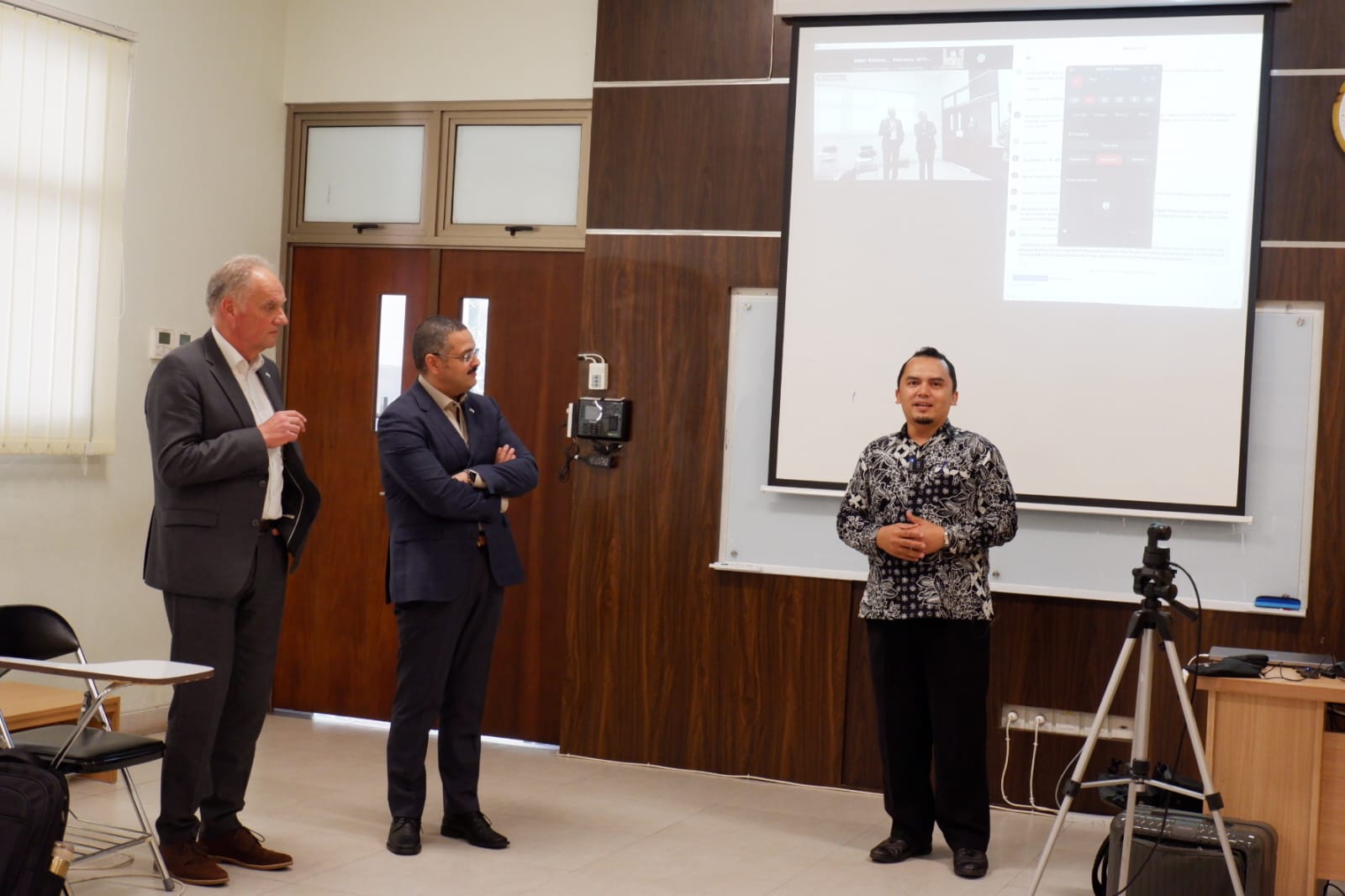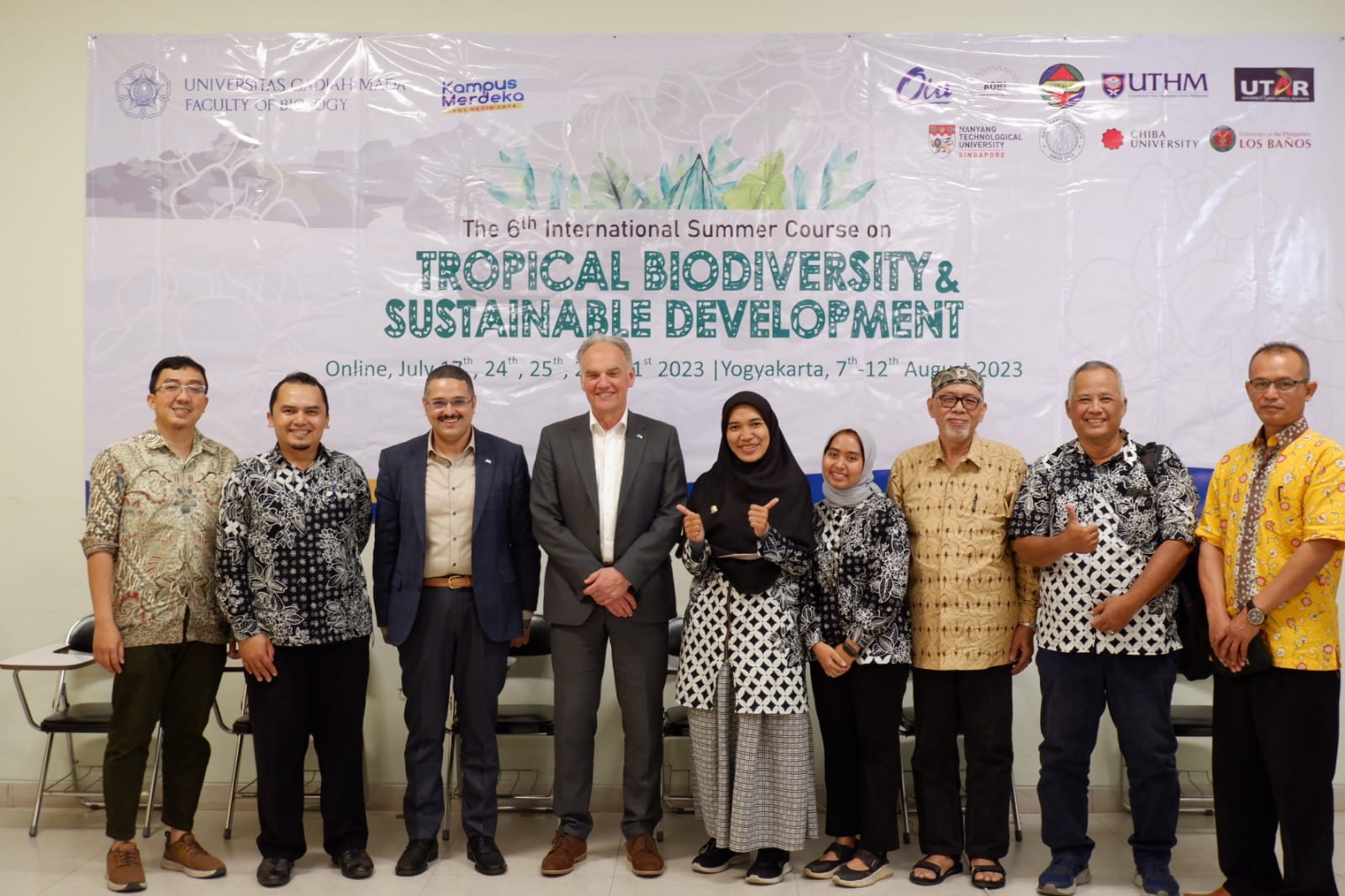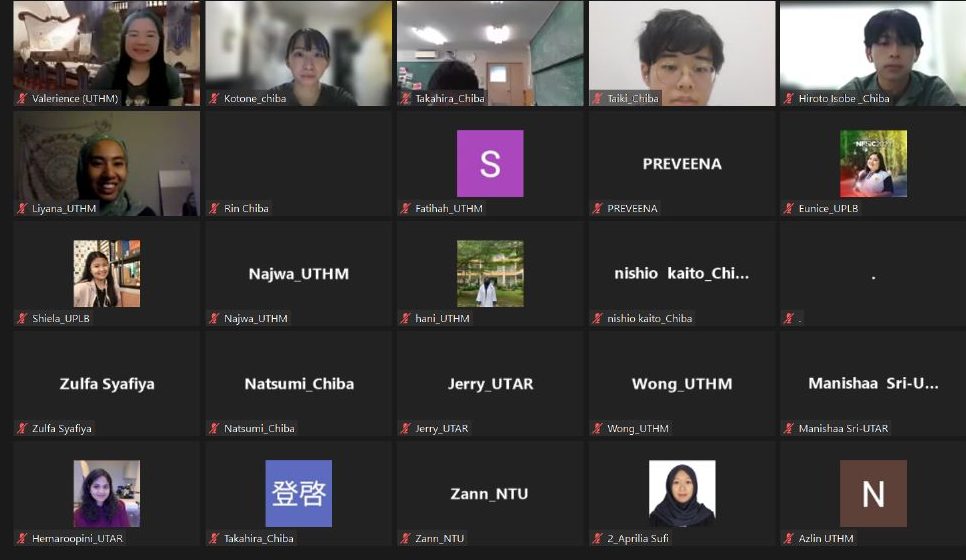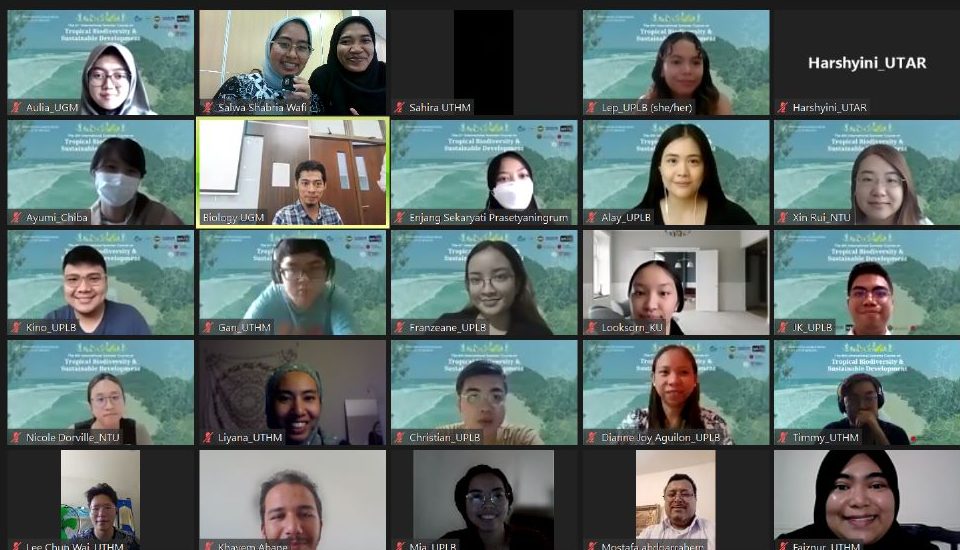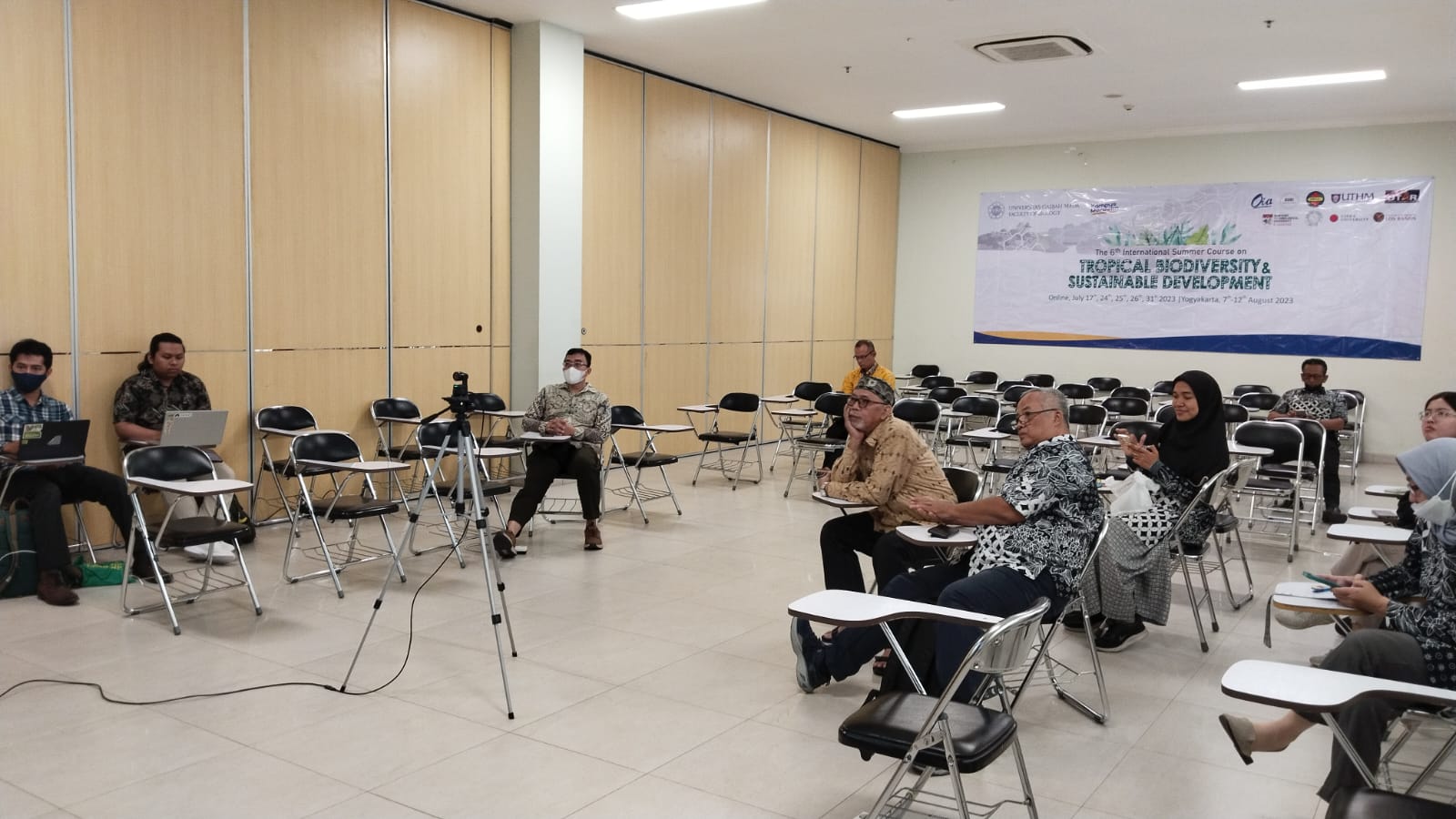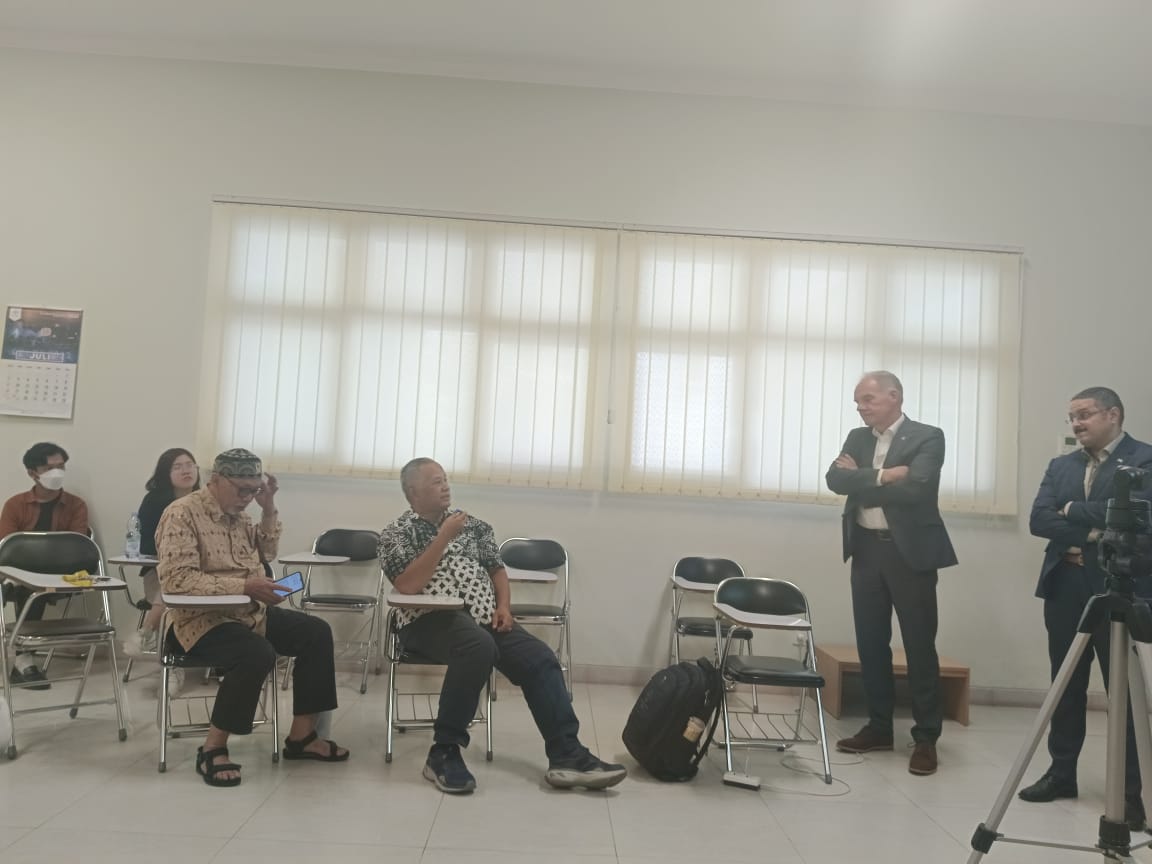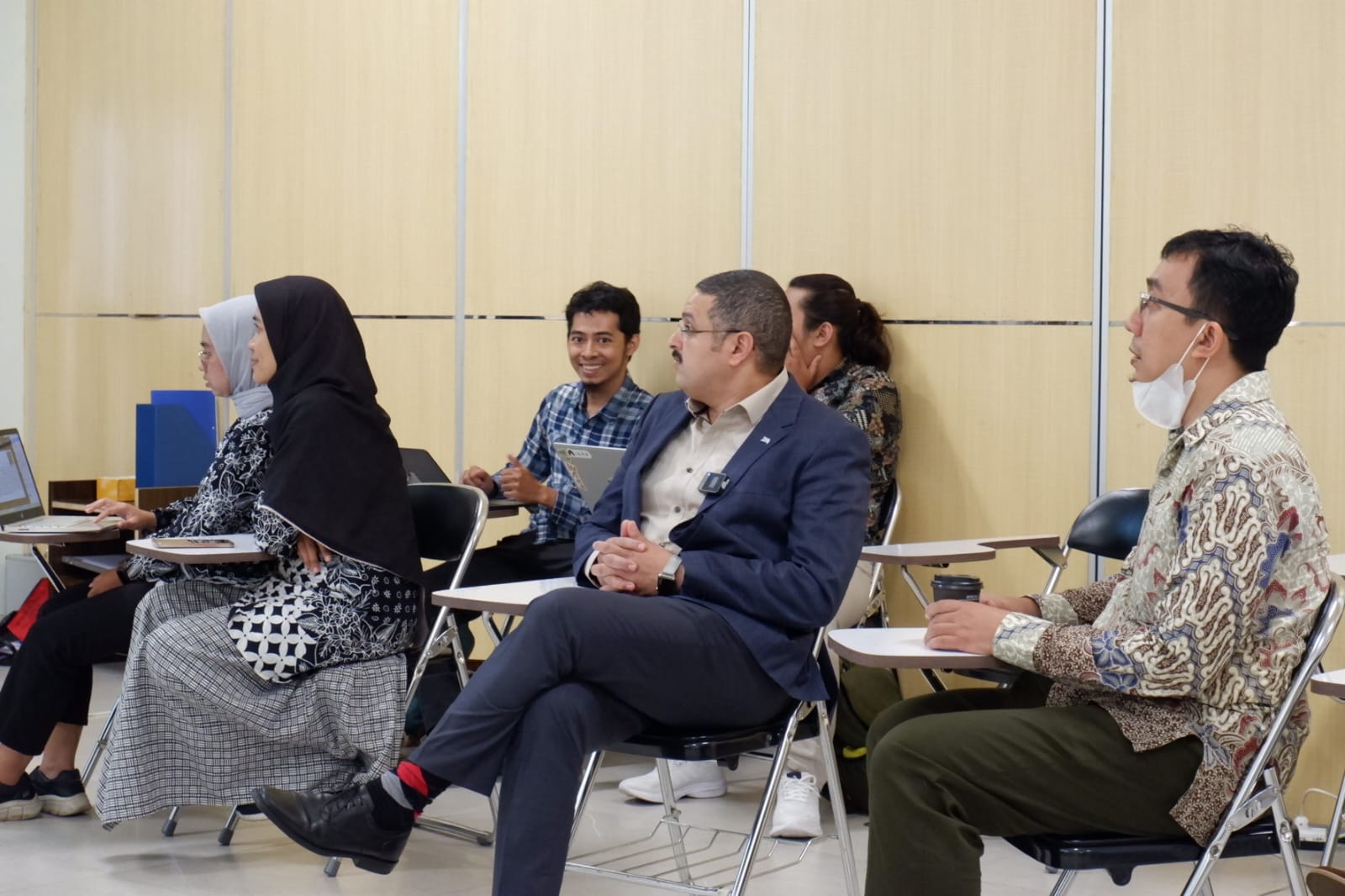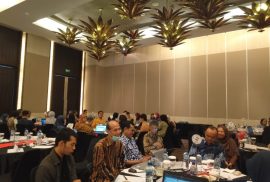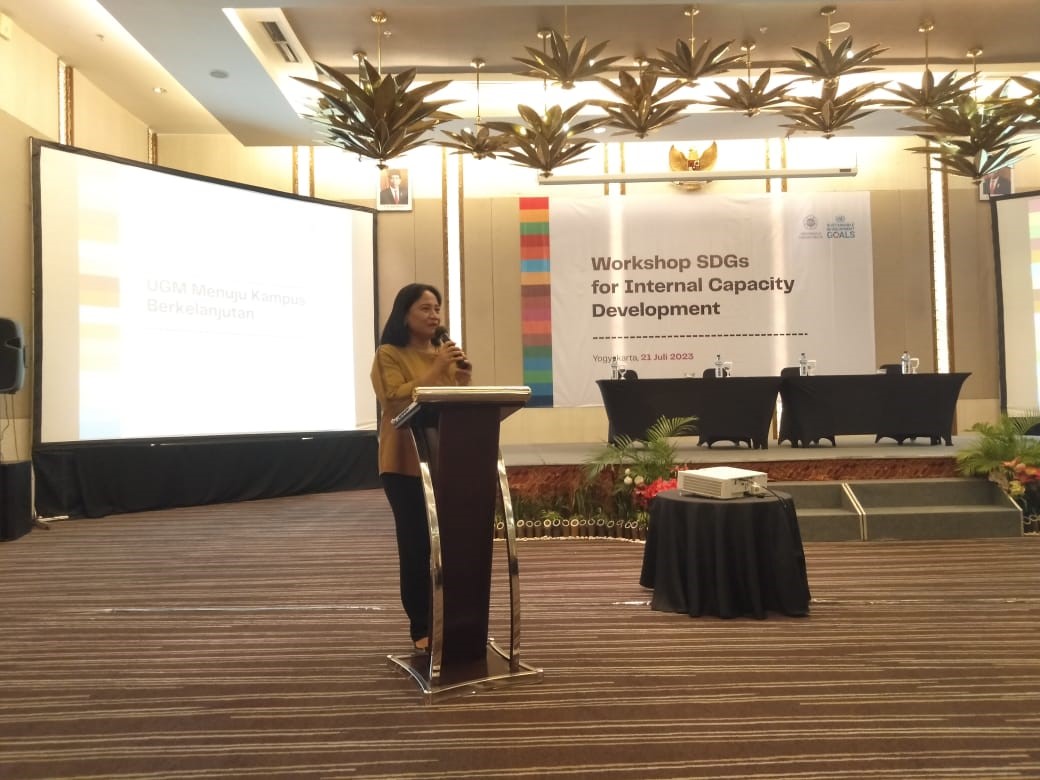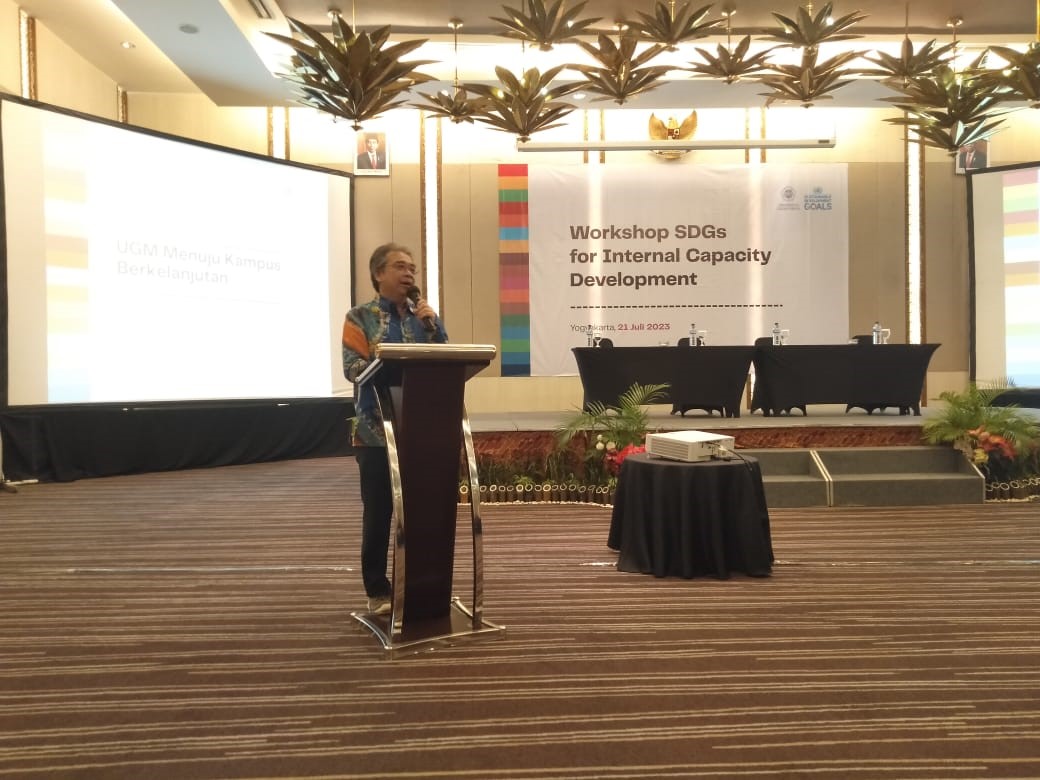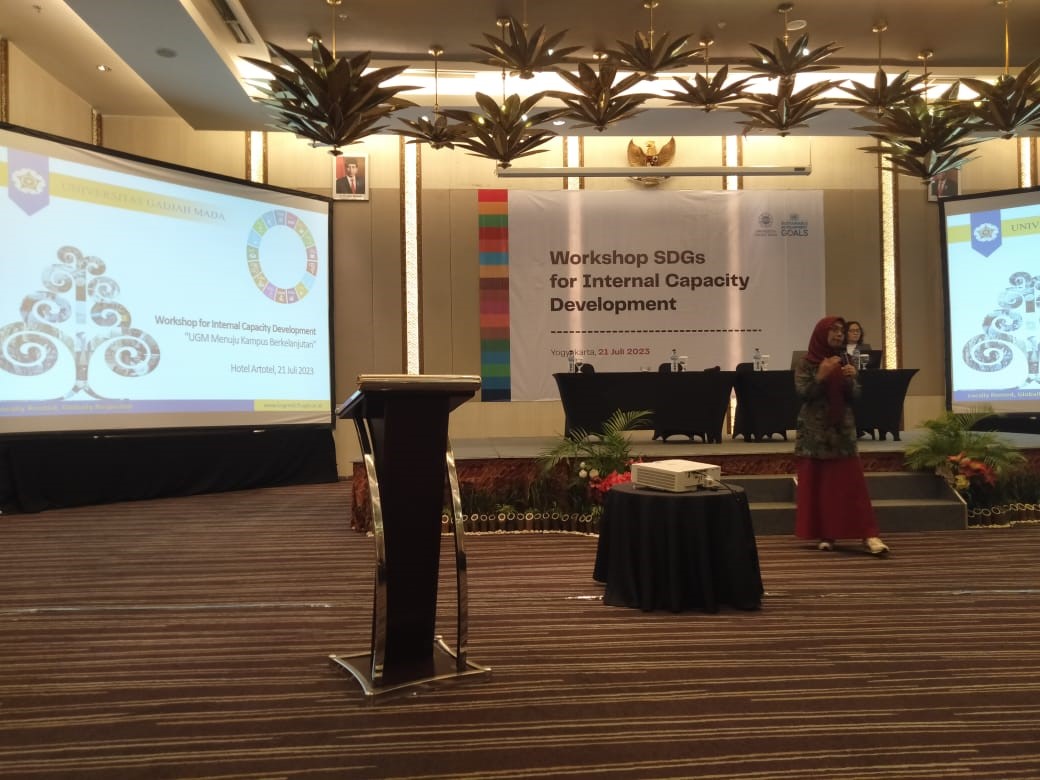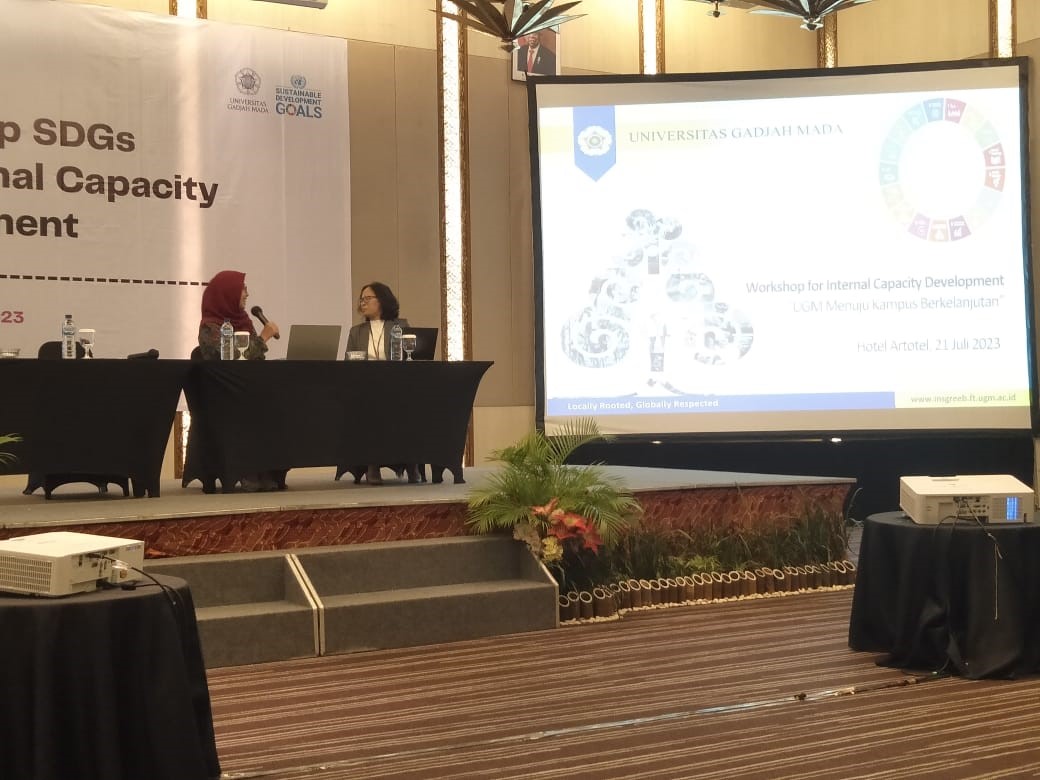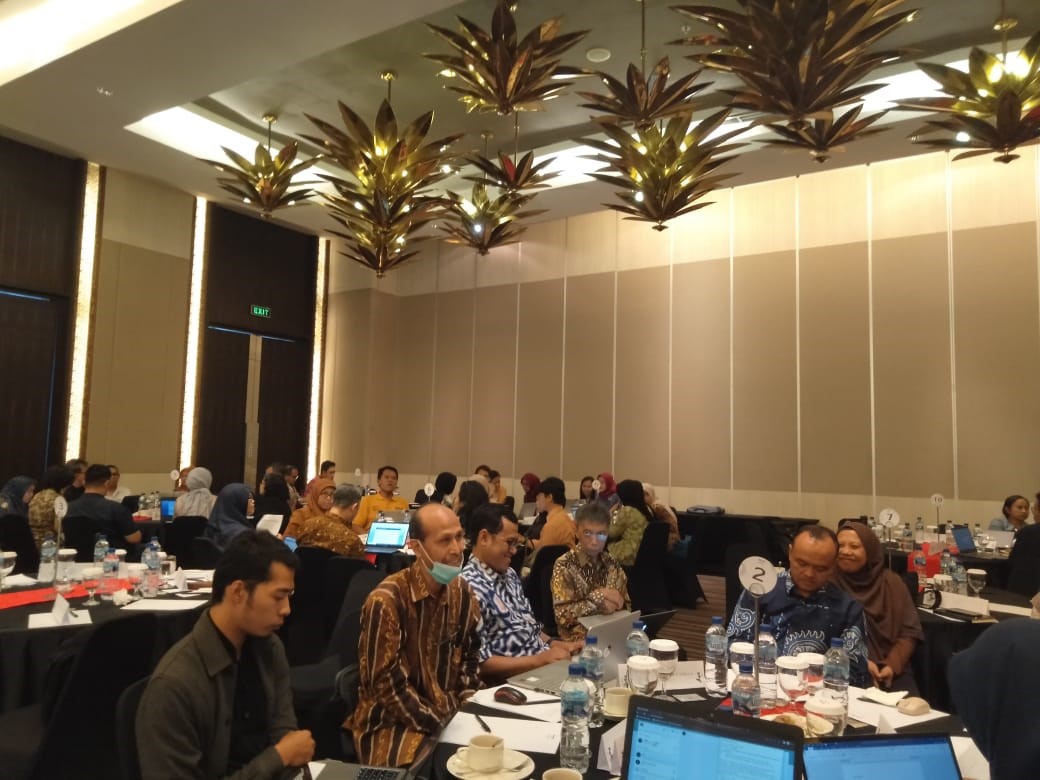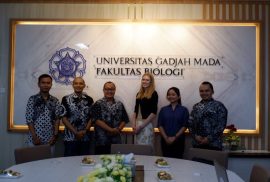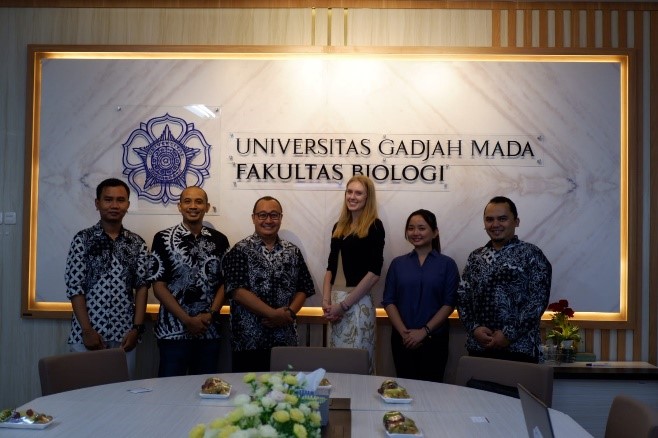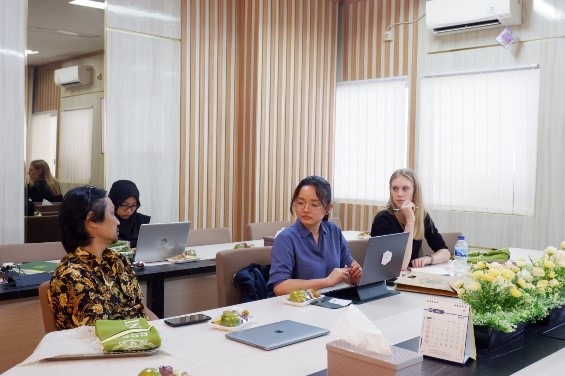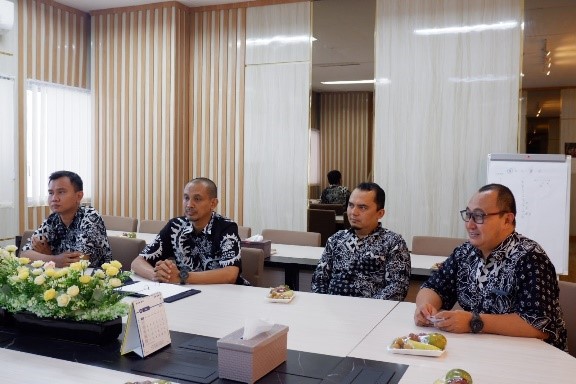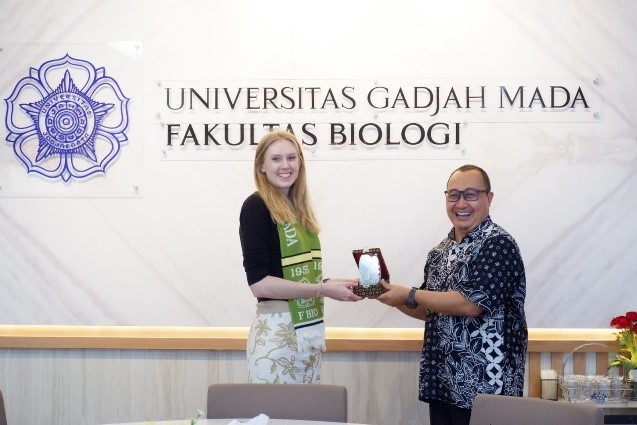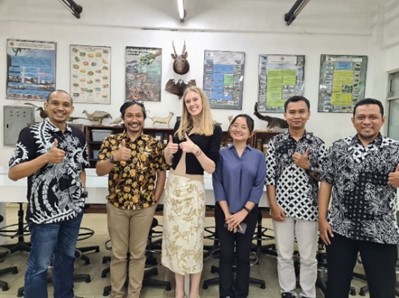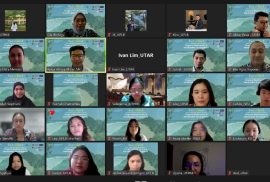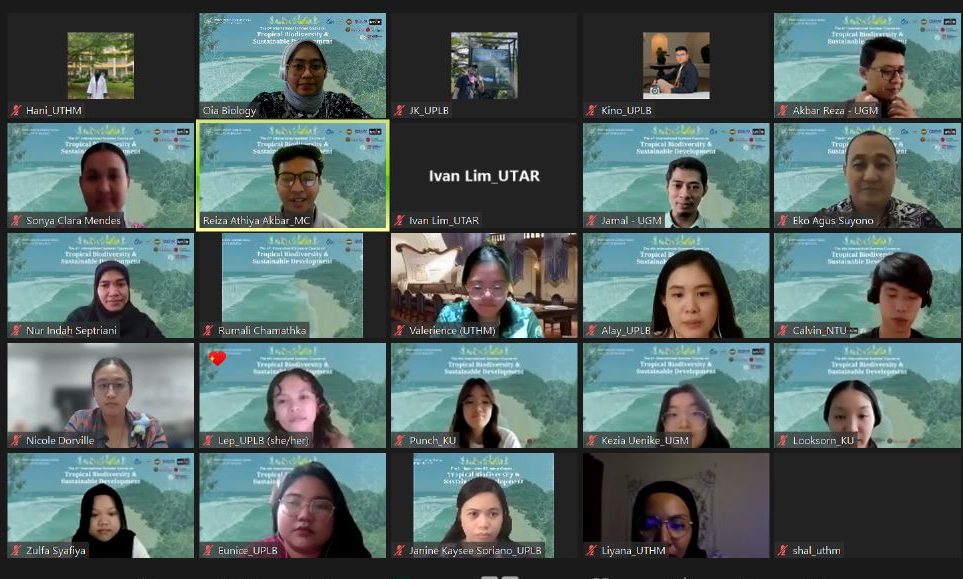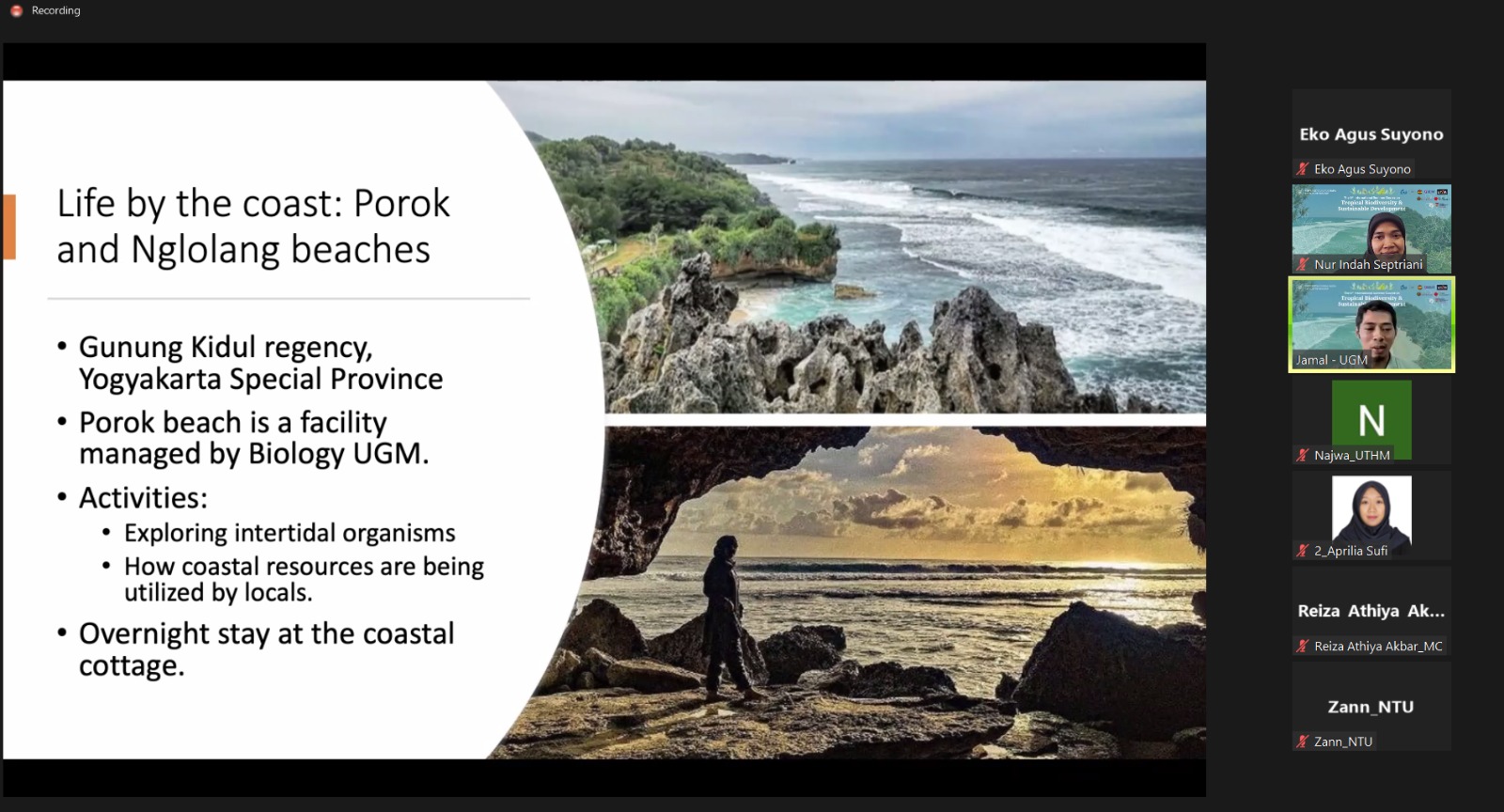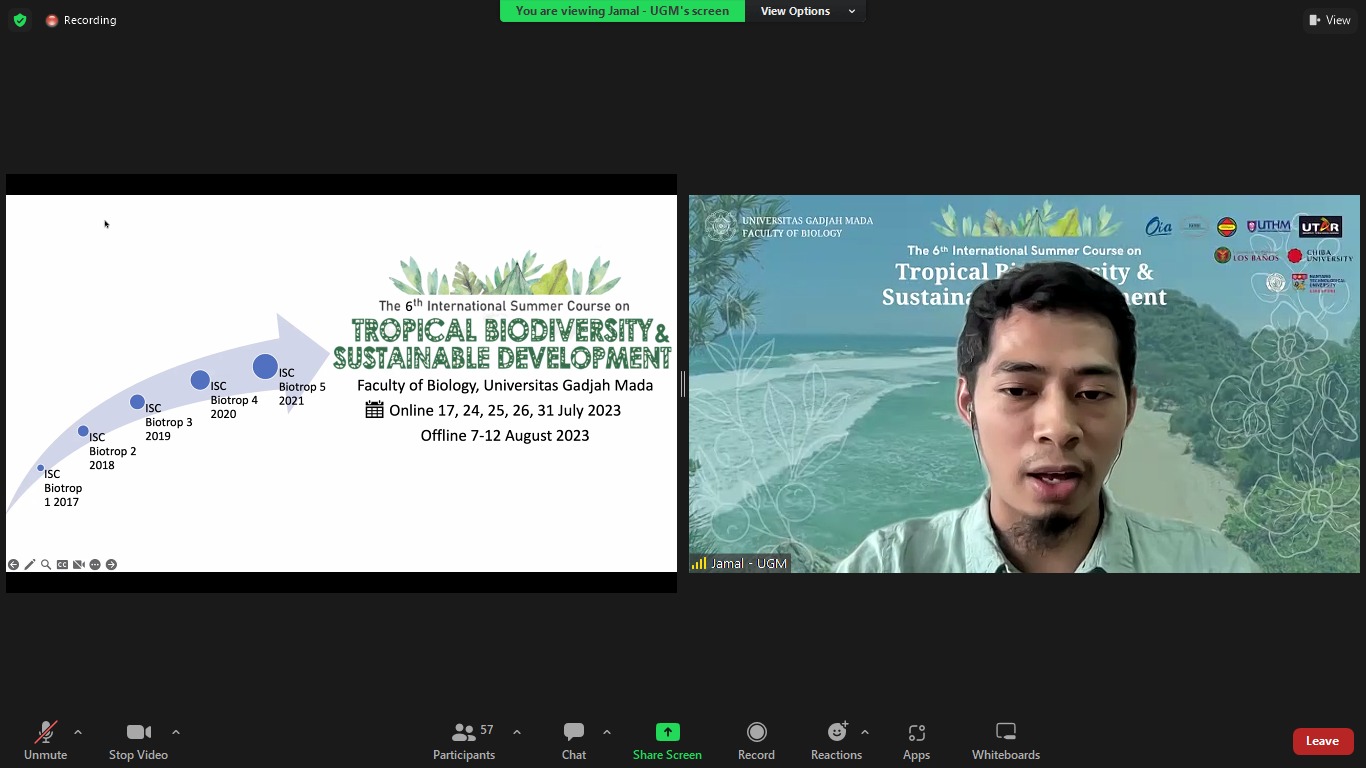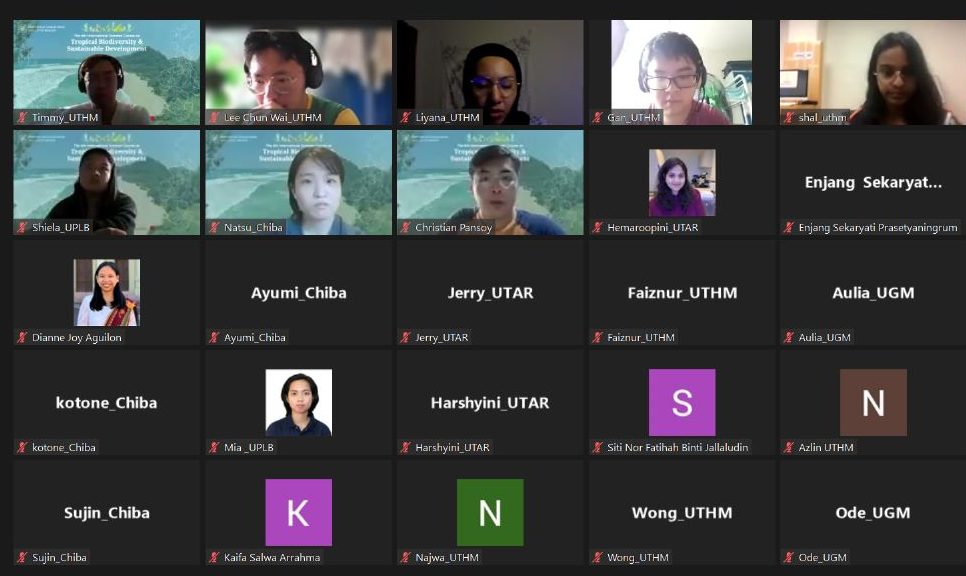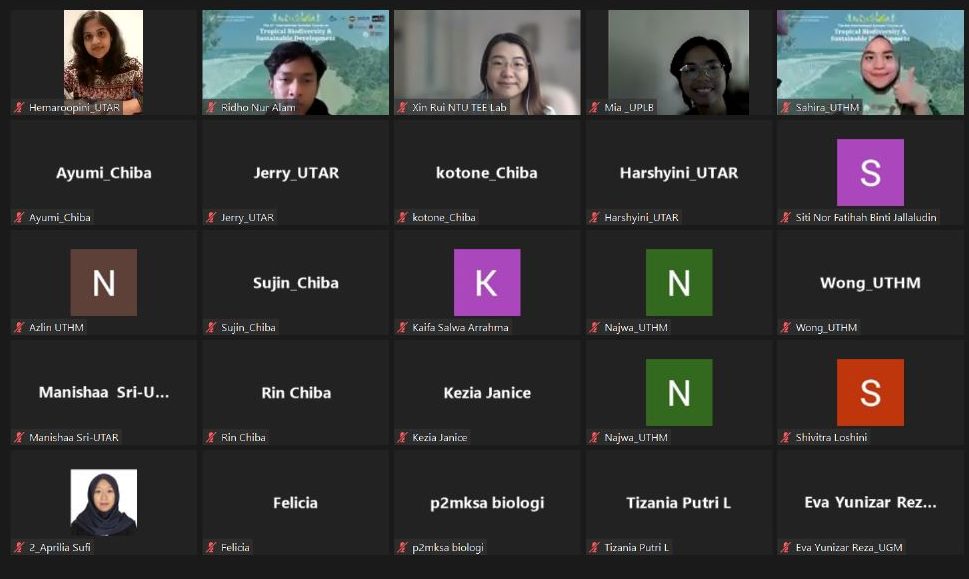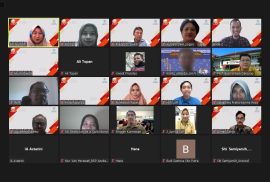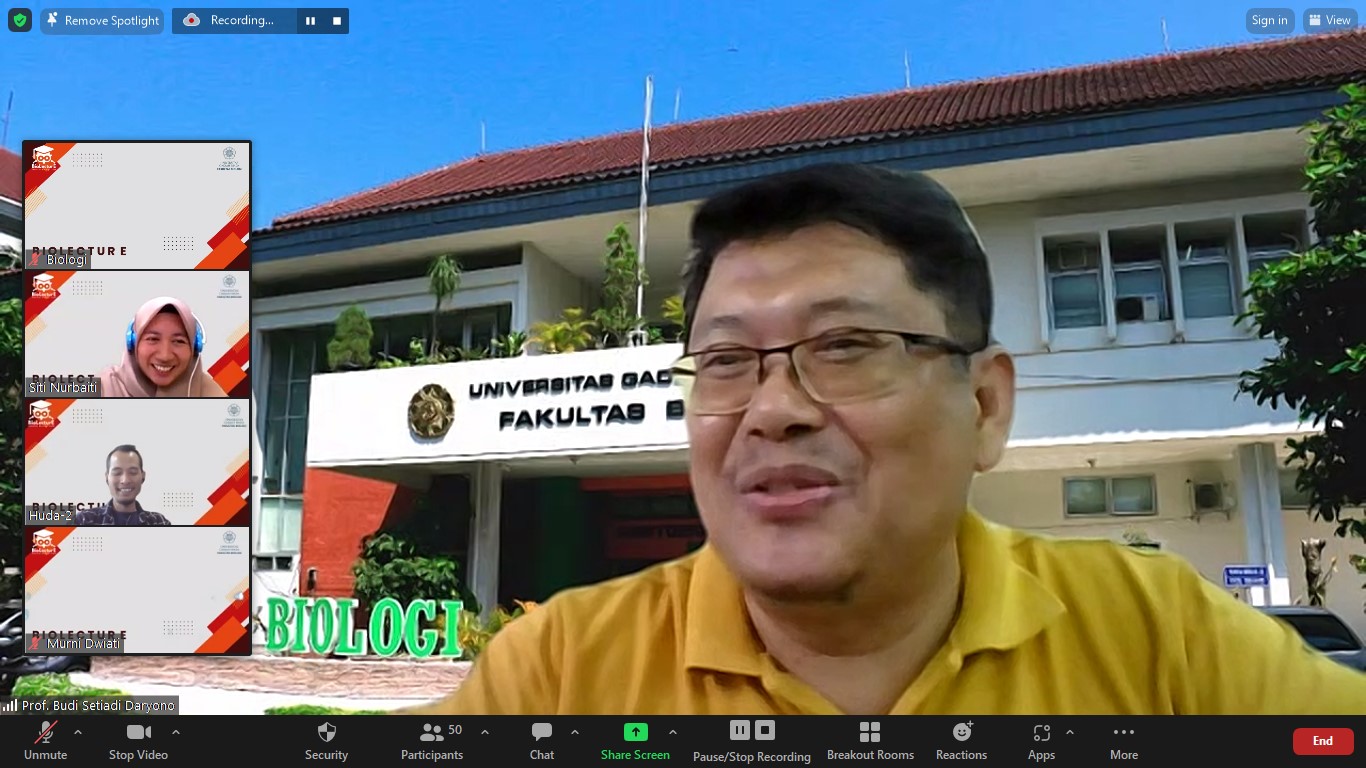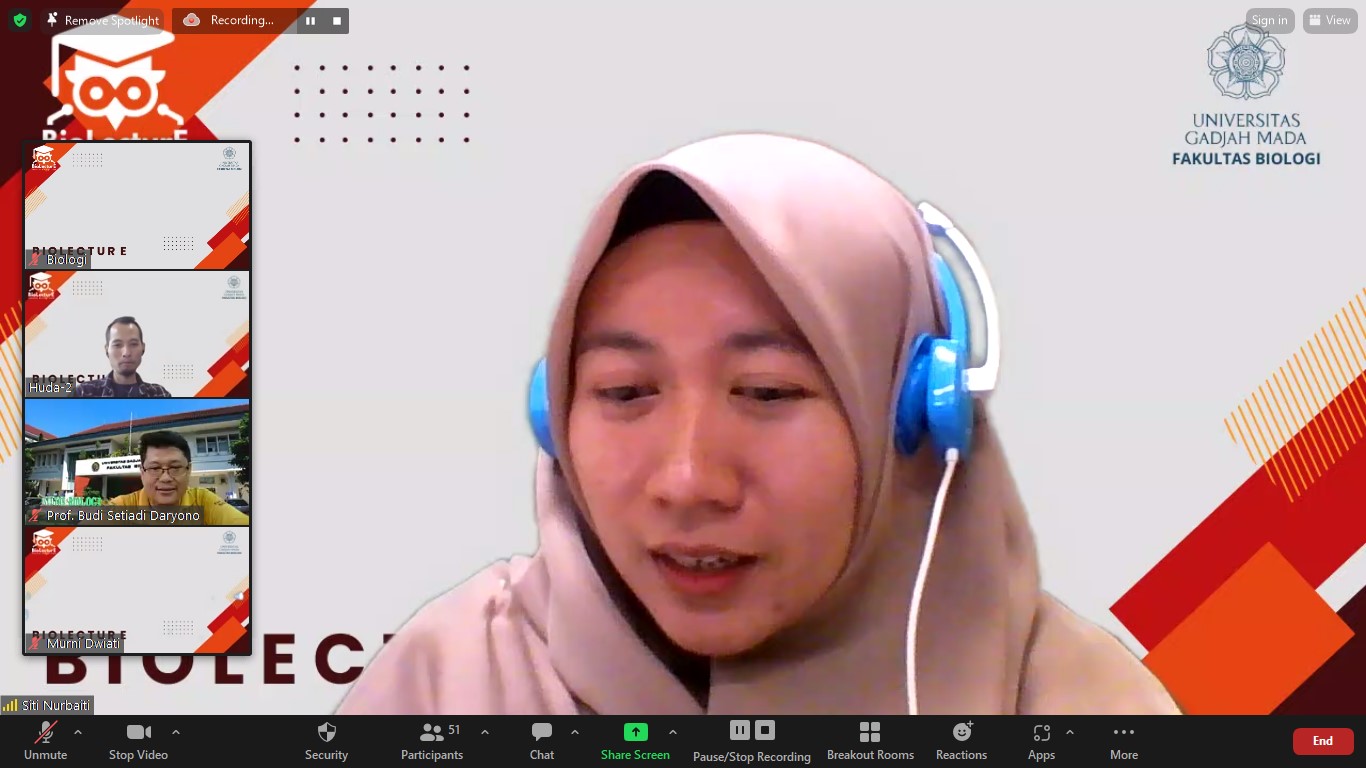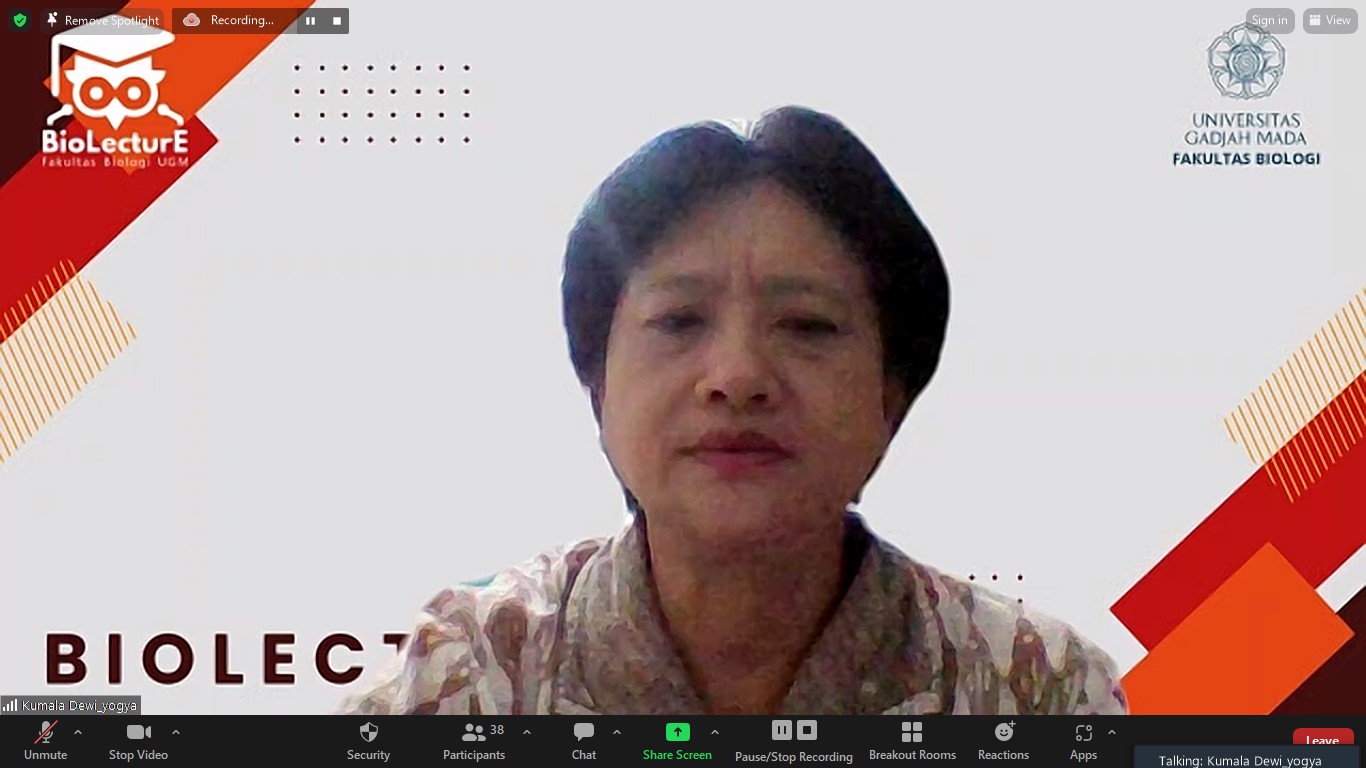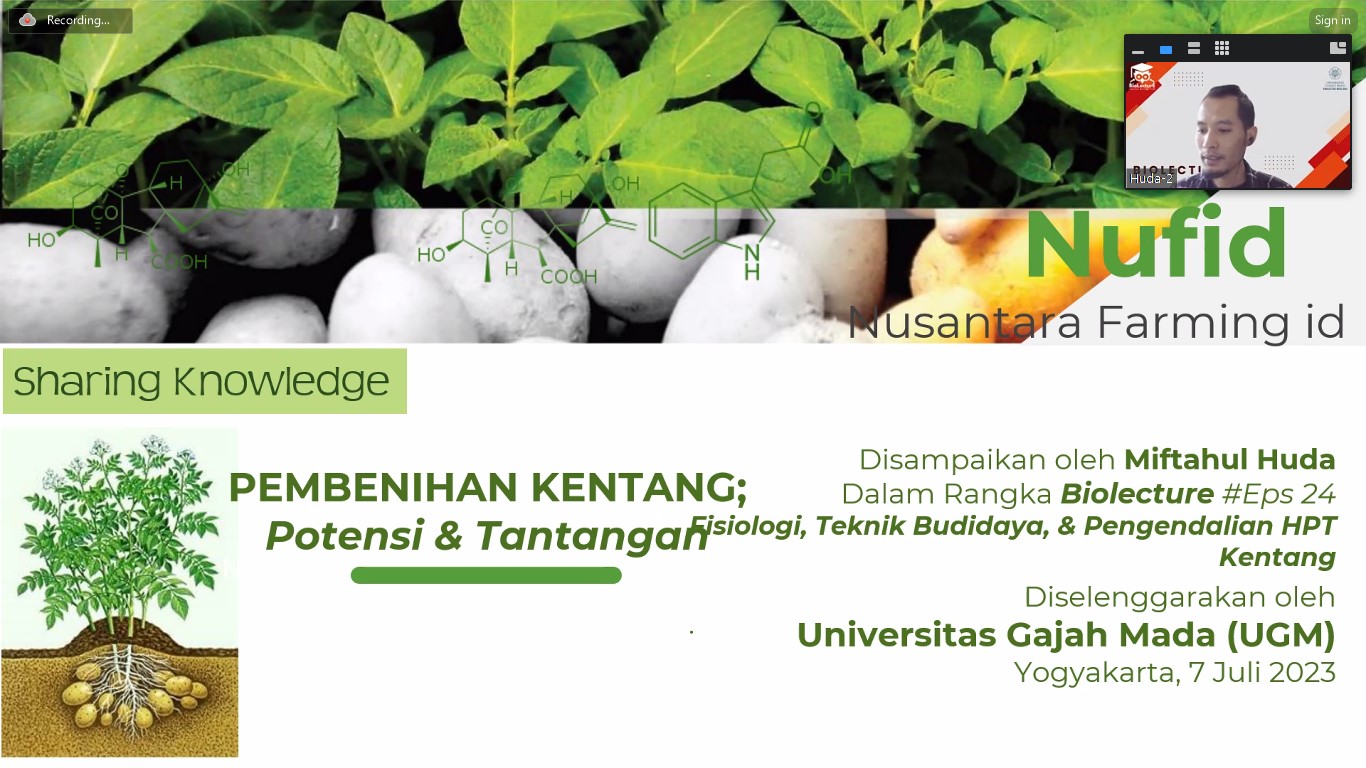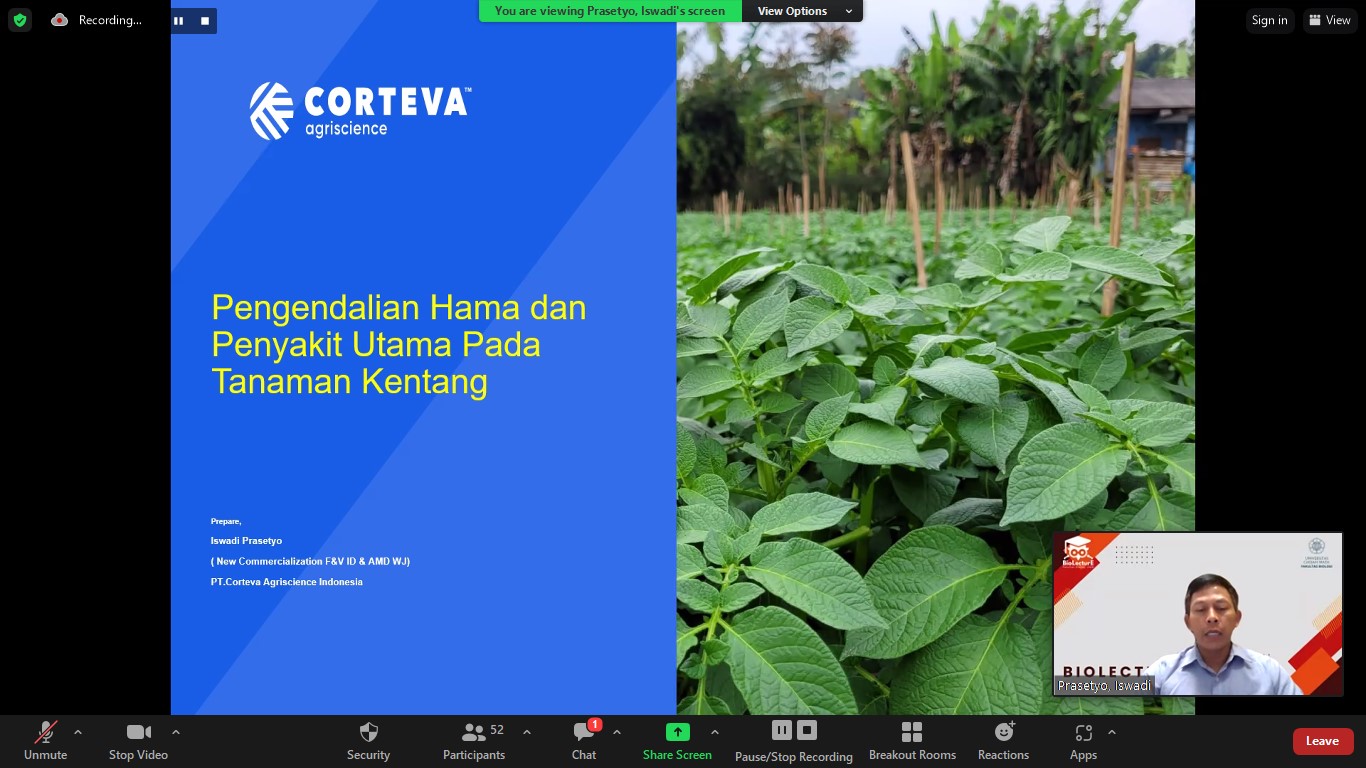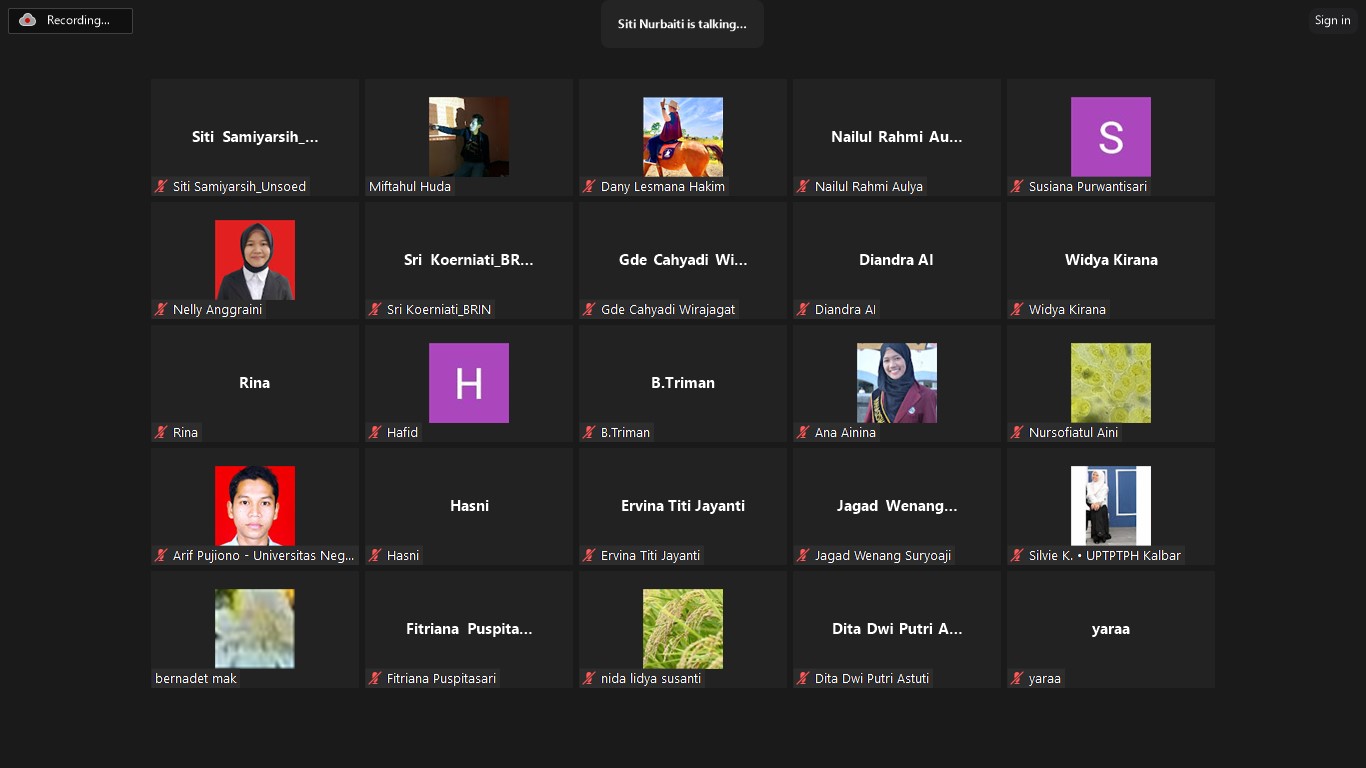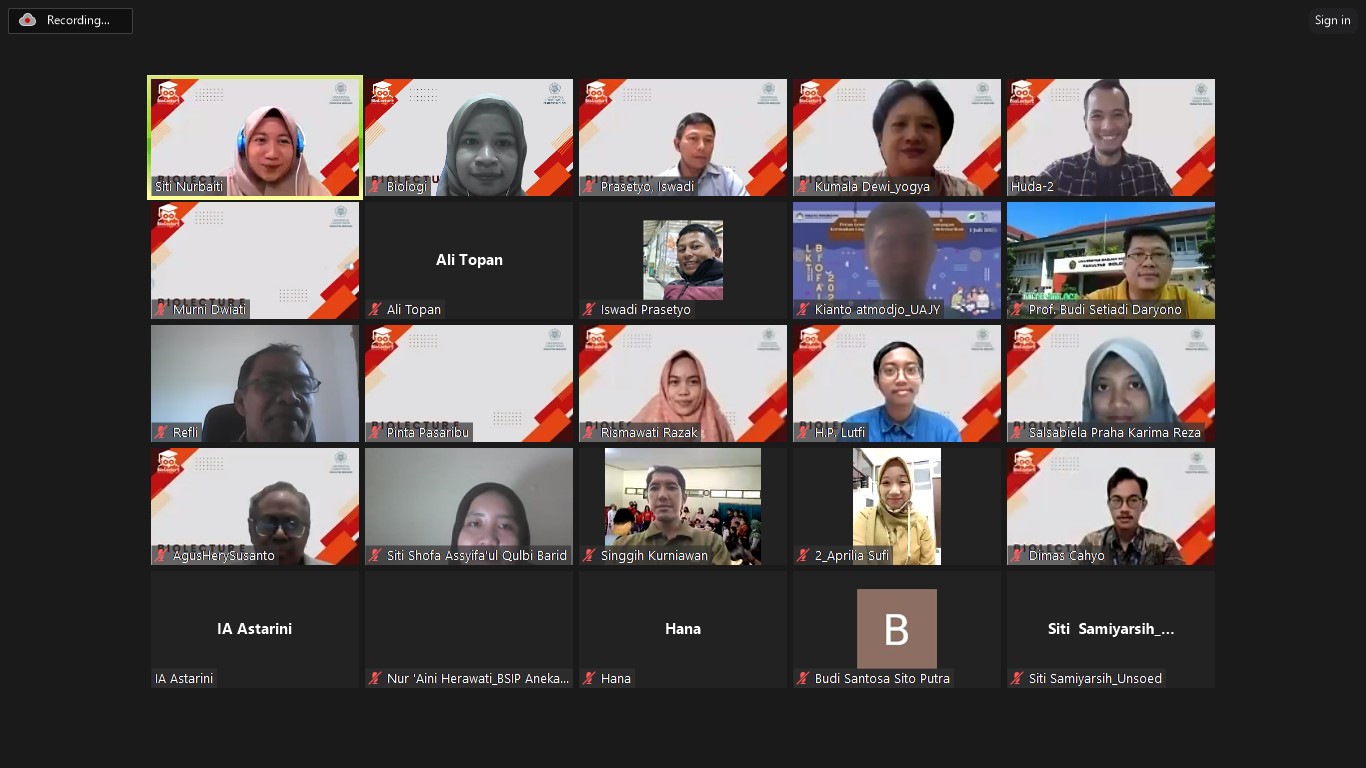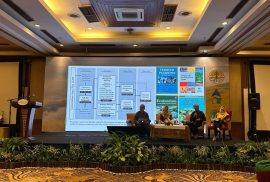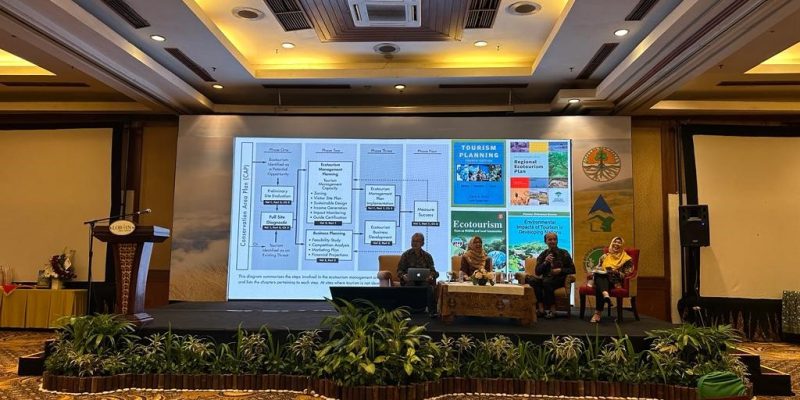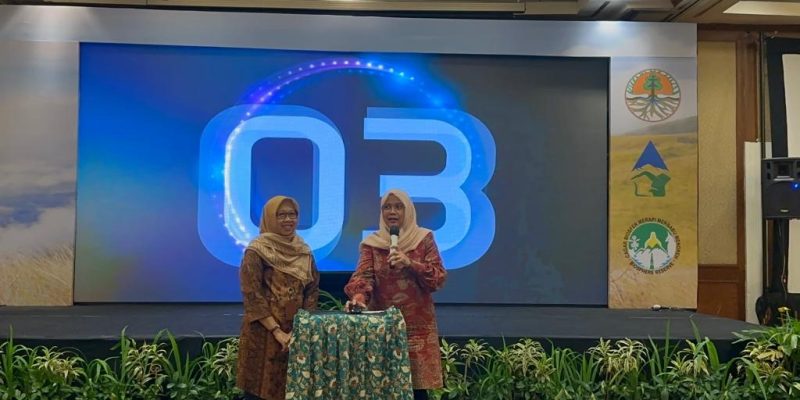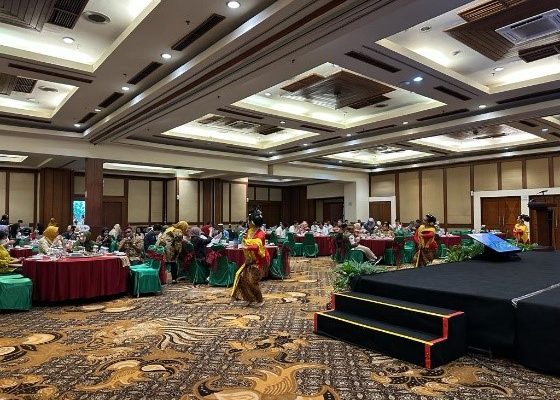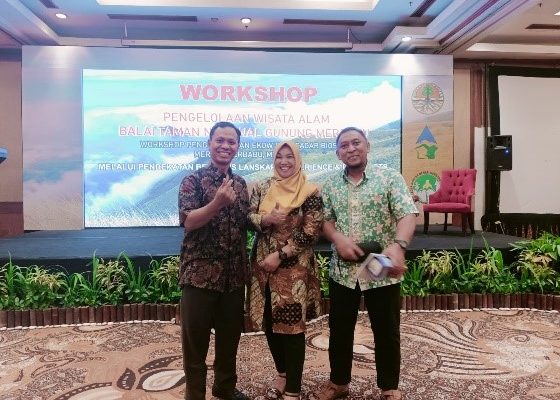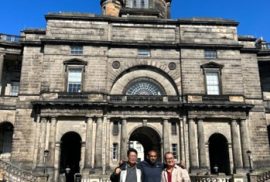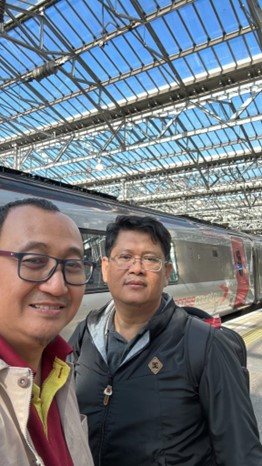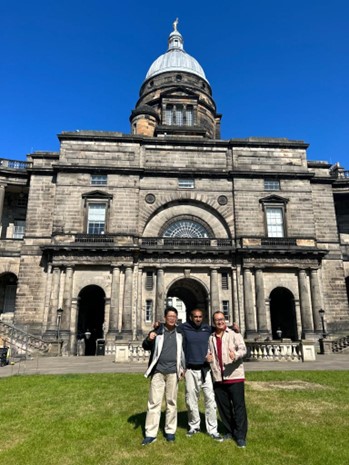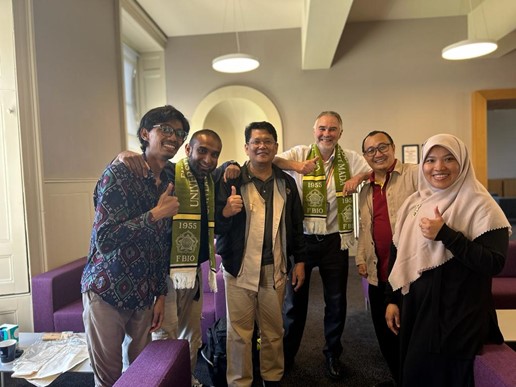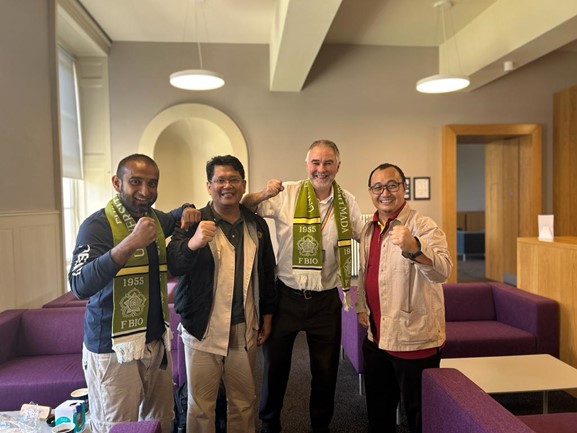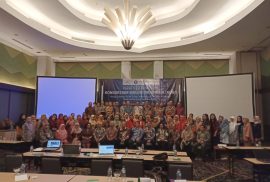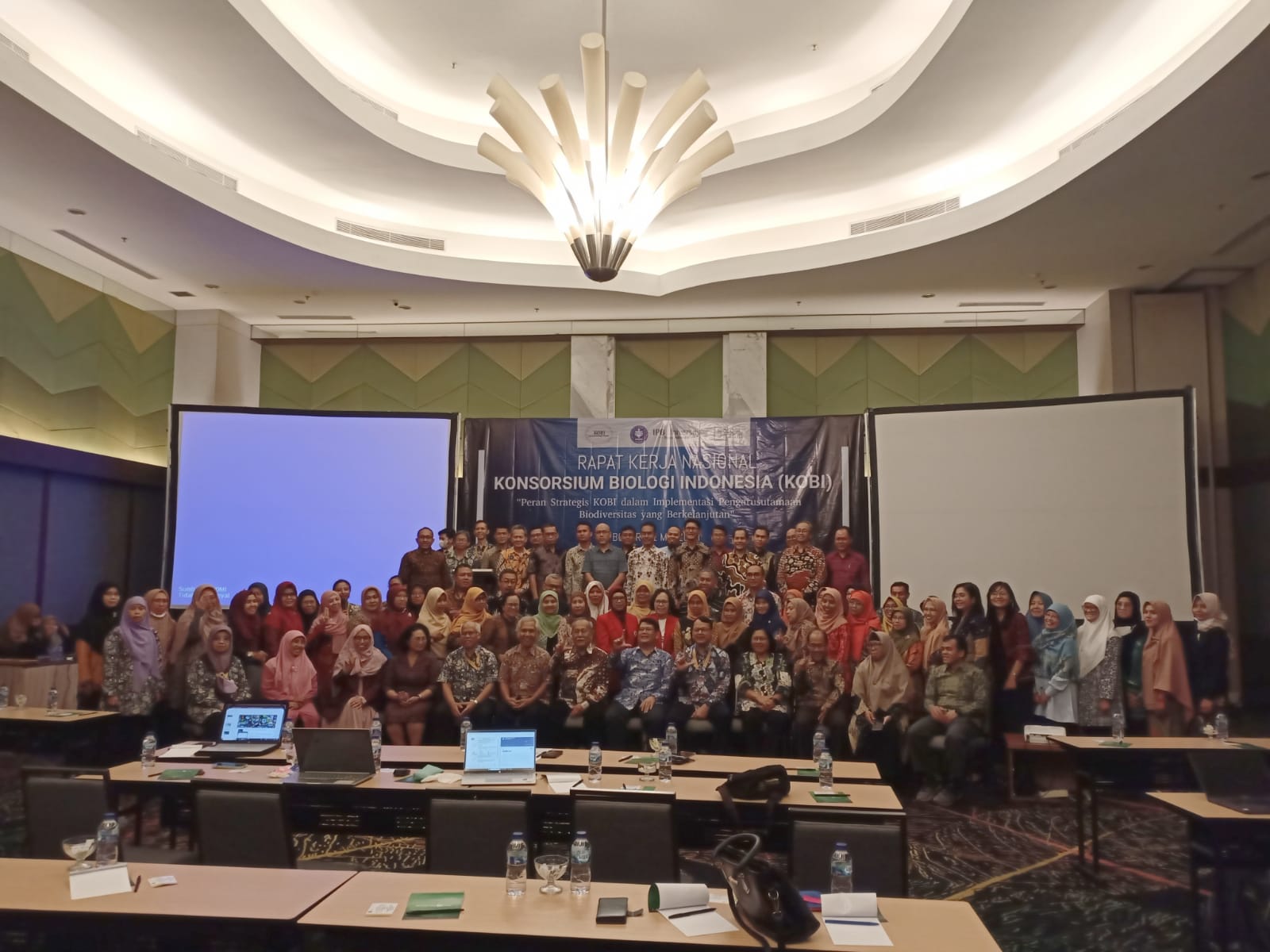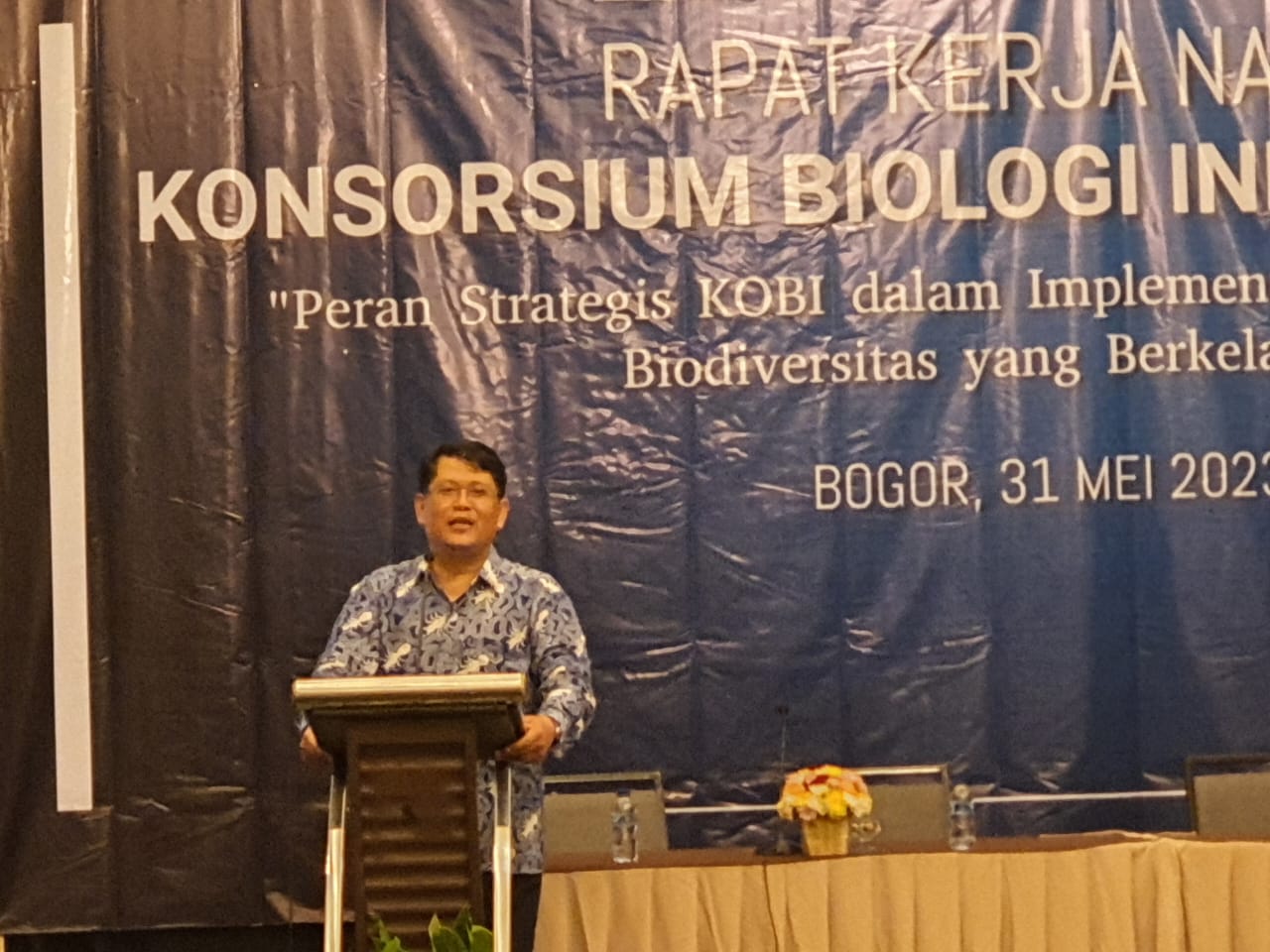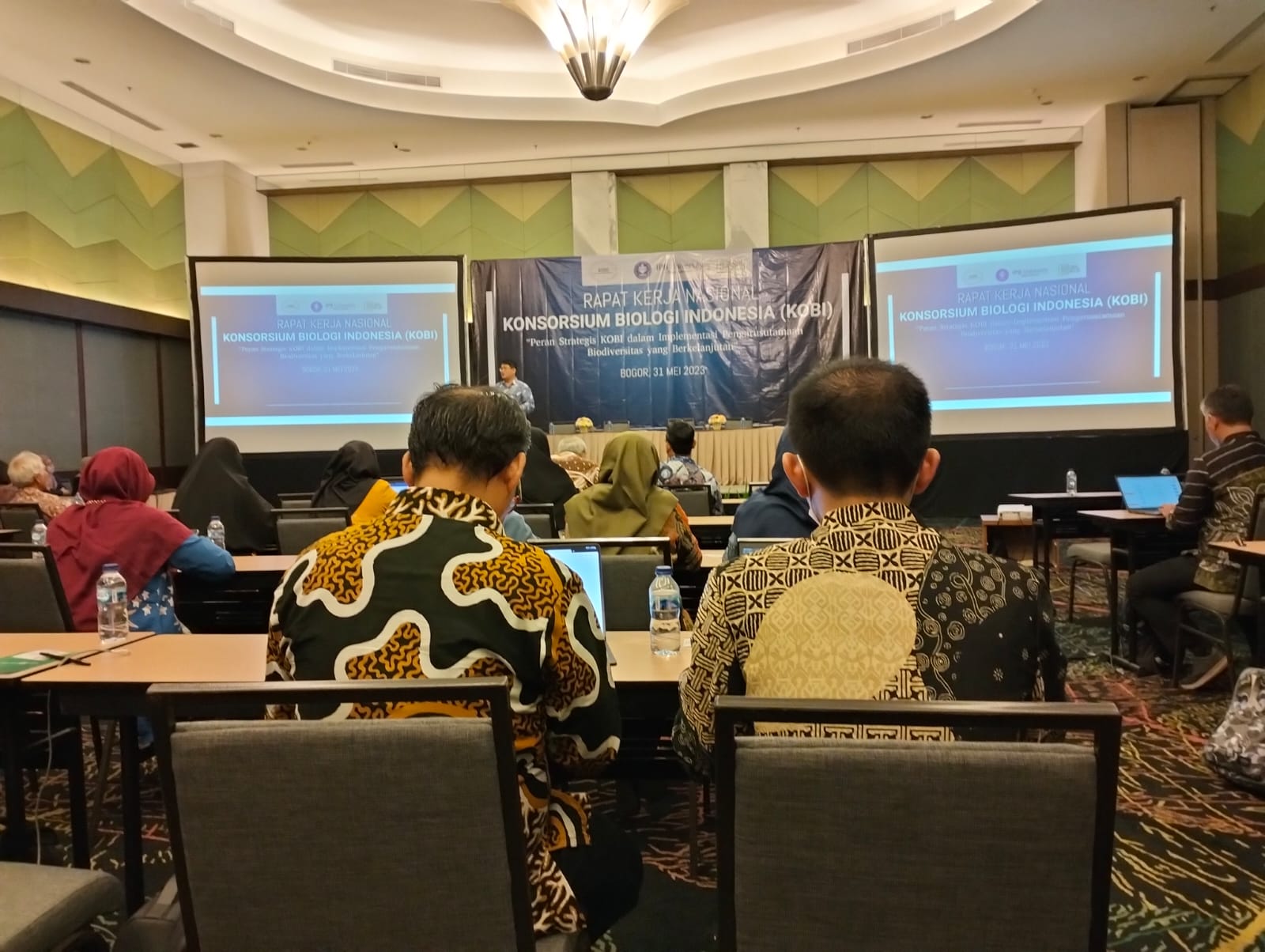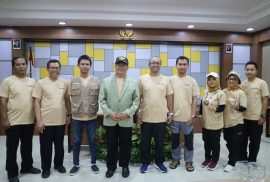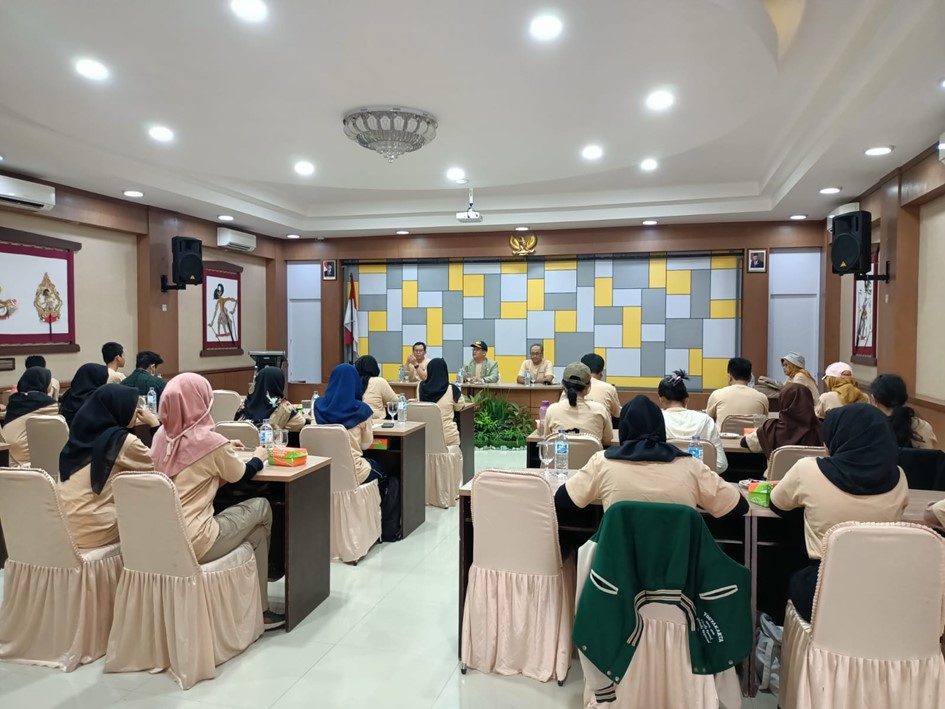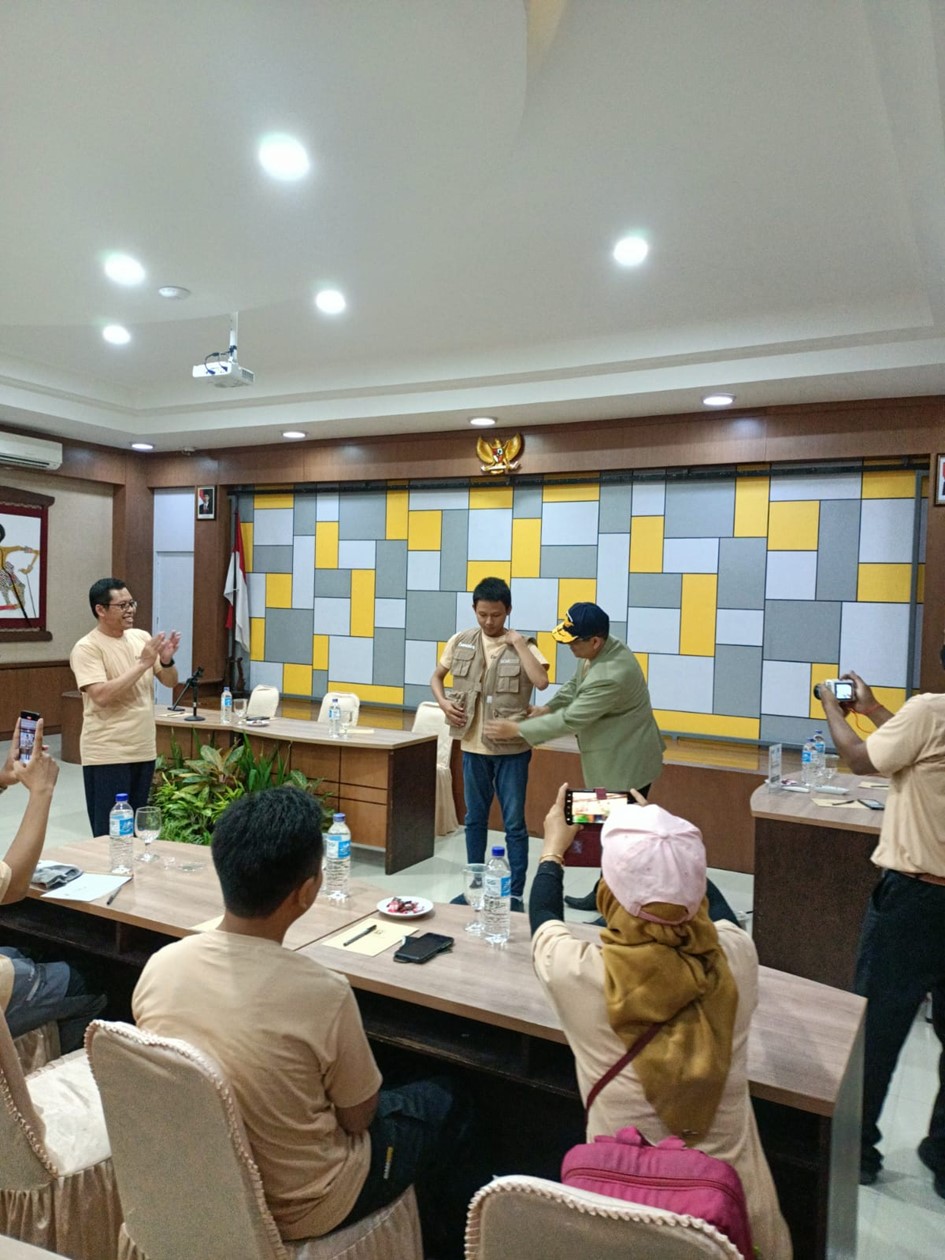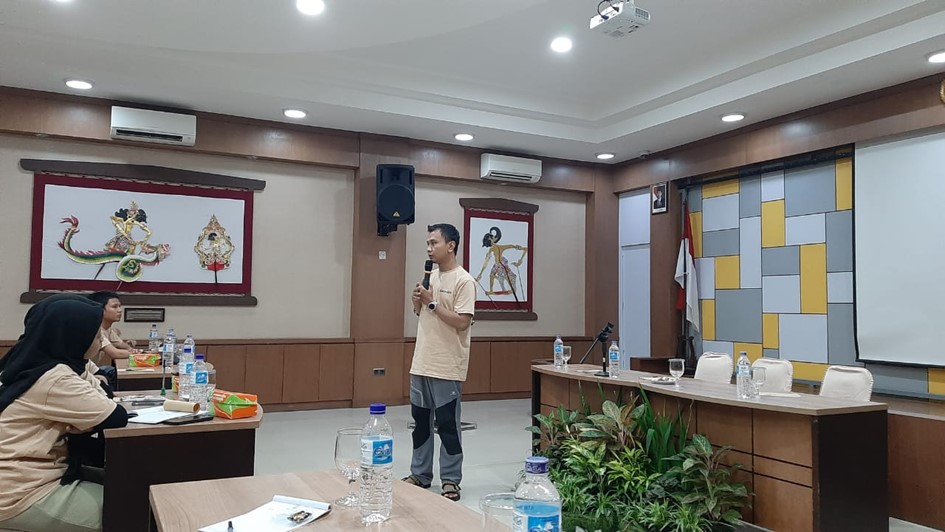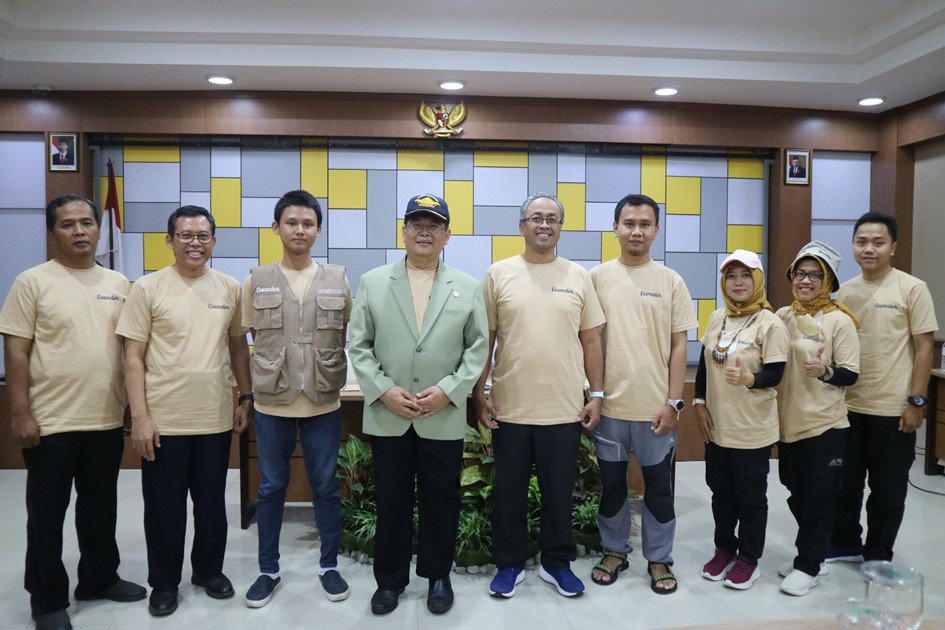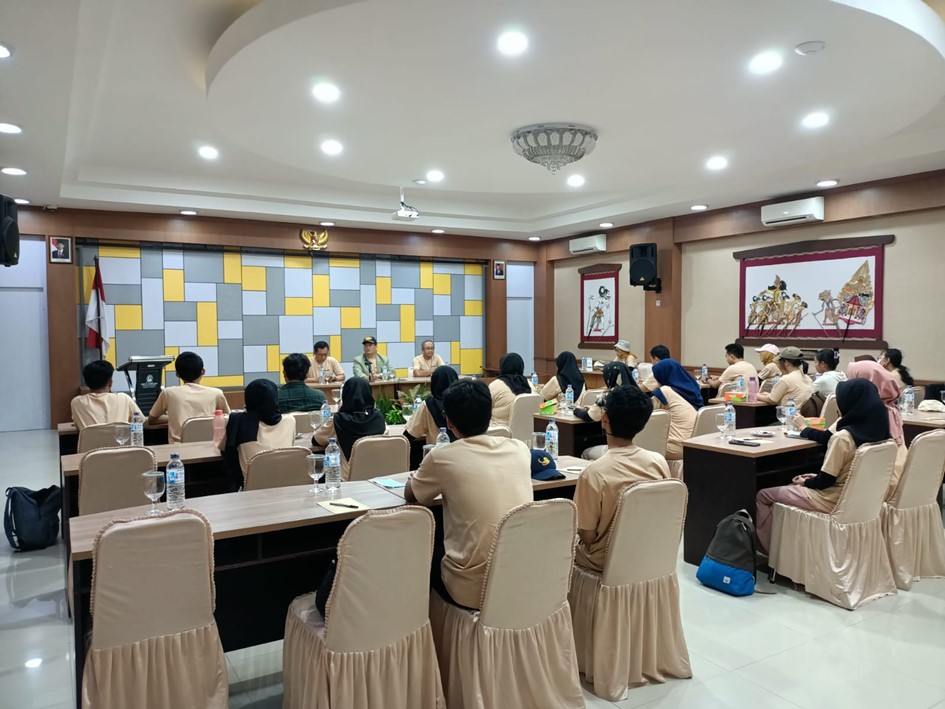Yogyakarta, Indonesia – July 24, 2023: The Faculty of Biology at Universitas Gadjah Mada (UGM) proudly inaugurates the 6th International Summer Course on Tropical Biodiversity and Sustainable Development, a platform aimed at promoting knowledge sharing and collaboration among experts and students from around the world. The series of lectures commenced on Monday, July 24, 2023, in a hybrid format, featuring eminent speakers from the Libyan Academy for Postgraduate Studies and Leipzig University.
The first lecture series of the summer course was centered around the theme “One Health and Sustainable Development in the Anthropocene and Climate Change,” addressing critical issues at the nexus of human, animal, and environmental health, while emphasizing the urgent need for sustainable practices in the face of the Anthropocene era and climate change challenges.
The esteemed speakers for this inaugural session were Assoc. Prof. Dr. Mostafa Mohamed Omar Abdoarrahem – Libyan Academy for Postgraduate Studies and Ahmed Abd El Wahed, BVSc, MVSc, Ph.D. – Leipzig University. Both speakers brought their profound expertise and extensive research to enlighten the audience about the interconnections between health, biodiversity, and environmental conservation. The attendees were enriched with novel insights into the complex dynamics of One Health and its significance in achieving sustainable development goals. The 6th International Summer Course on Tropical Biodiversity and Sustainable Development utilized a hybrid format, allowing participants to attend either in-person at Classroom 1, Building B, Faculty of Biology, UGM, or virtually from any corner of the globe. The course has taken advantage of modern technology to ensure inclusivity and accessibility for attendees worldwide.
The first lecture series witnessed an impressive turnout, with 53 enthusiastic participants joining online and 16 scholars engaging in-person. The diversity and active participation of attendees added to the dynamism of the discussion, fostering international collaboration in the pursuit of sustainable solutions. Over the upcoming weeks, the 6th International Summer Course on Tropical Biodiversity and Sustainable Development will continue to host various captivating lecture series, workshops, and interactive sessions led by renowned experts and academics. Participants will explore multifaceted topics related to tropical biodiversity conservation, ecological balance, and sustainable development practices. The Faculty of Biology, UGM, extends its gratitude to the distinguished speakers and participants for contributing to the success of this lecture series. Their enthusiasm and commitment to knowledge exchange lay the groundwork for a brighter, sustainable future.


